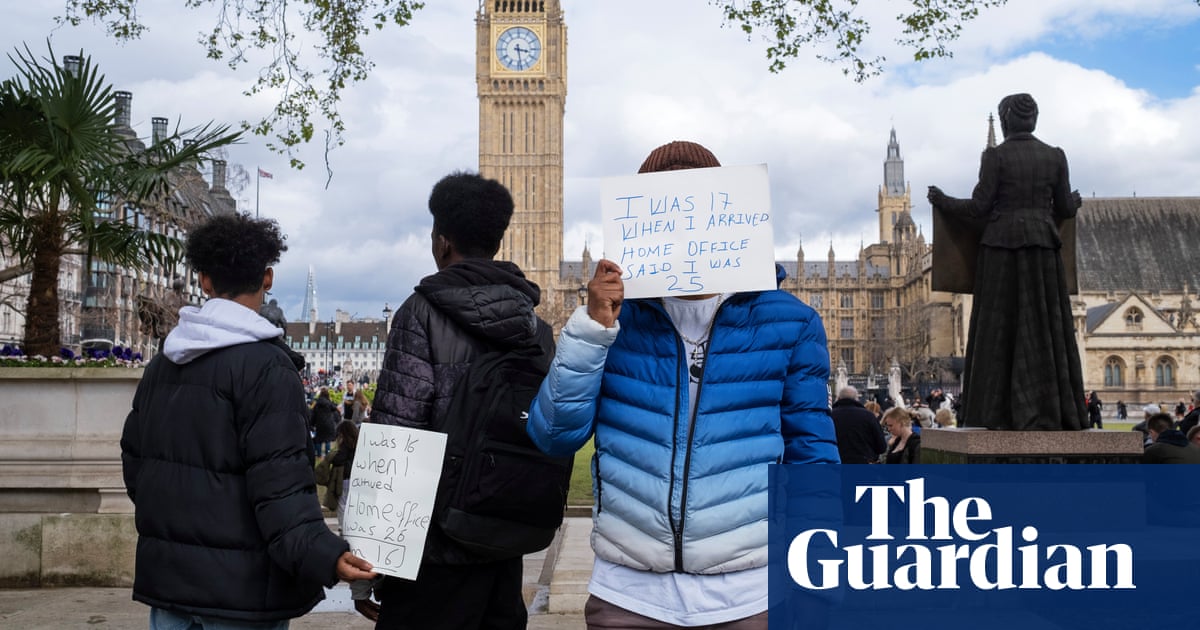
About 150,000 children in the UK could be lifted out of severe poverty practically overnight for less than the cost of the “eat out to help out” scheme if the government scrapped or suspended the benefit cap, campaigners have claimed.
Estimates by the Child Poverty Action Group (CPAG) charity show that 35,000 jobless households will be capped this month, drastically limiting the amount of social security benefits they can receive, and plunging many into – or deeper into – poverty.
A further 41,000 households will be capped between January and March next year, it predicts, meaning that with 170,000 already capped – numbers have more than doubled since the pandemic started – about 250,000 households will soon face deep hardship as a result of the policy.
That rapidly expanding cohort of capped families on universal credit will have to cope with average income losses of £62 a week, with some in high rental areas like London losing up to £200 a week.
The cap restricts total benefit awards including housing rental costs to £20,000 a year for families outside of London and £23,000 a year for those in the capital, regardless of the family’s needs.
CPAG estimates dropping the policy would lift 150,000 children out of very deep poverty (meaning their family income is less than 40% of the median UK income) at a cost of £500m – the Treasury subsidy for its “eat out to help out” boost for restaurants this summer.
The charity calculates deep poverty as a household income after housing costs of less than £235 a week for a couple with two children. There are about 750,000 children in deep poverty in the UK.
The call comes amid increasing concern over rising destitution in the UK, with 2 million families, including a million children, likely to struggle to afford to feed themselves, stay warm, or keep clean as the recession gets worse, according to recent estimates by the Joseph Rowntree Foundation.
Benefit cap rules mean claimants who have worked full-time solidly for 12 months prior to unemployment have a nine-month “grace period” before the cap is imposed. Many of those to be capped this month will have signed on to universal credit in March after losing their job at the start of the pandemic.
Although claimants can escape the cap by finding a job of more 16 hours a week at the minimum wage, or by moving to cheaper housing, CPAG says the scarcity of jobs means most will have had no chance to find work or increase hours.
Alison Garnham, CPAG’s chief executive, said the cap would be a “nasty surprise” for households who would lose crucial social security support despite in most cases having no realistic prospect of earning more to become exempt from the cap.
She said: “The cap is increasing child poverty and in the context of a coronavirus recession is transparently nonsensical and wrong. At a minimum it should be suspended immediately to prevent the most vulnerable families from being pulled further into poverty.”
The benefits cap was introduced in 2013 as an “incentive” to push claimants into work, though research for the DWP found cutting people’s welfare payments was more likely to leave them further from the job market. Earlier this year the government’s own social security advisers urged it to review the cap during the pandemic.
A DWP spokesperson said: “To help them adjust to receiving welfare support, these households have already received a nine-month exemption from the cap and many still won’t be capped because they are exempt or their total benefit income is below the cap level.
“The benefit cap, up to the equivalent salary of £28,000 in London, offers fairness for taxpayers while providing a strong safety net for those who need it.”












